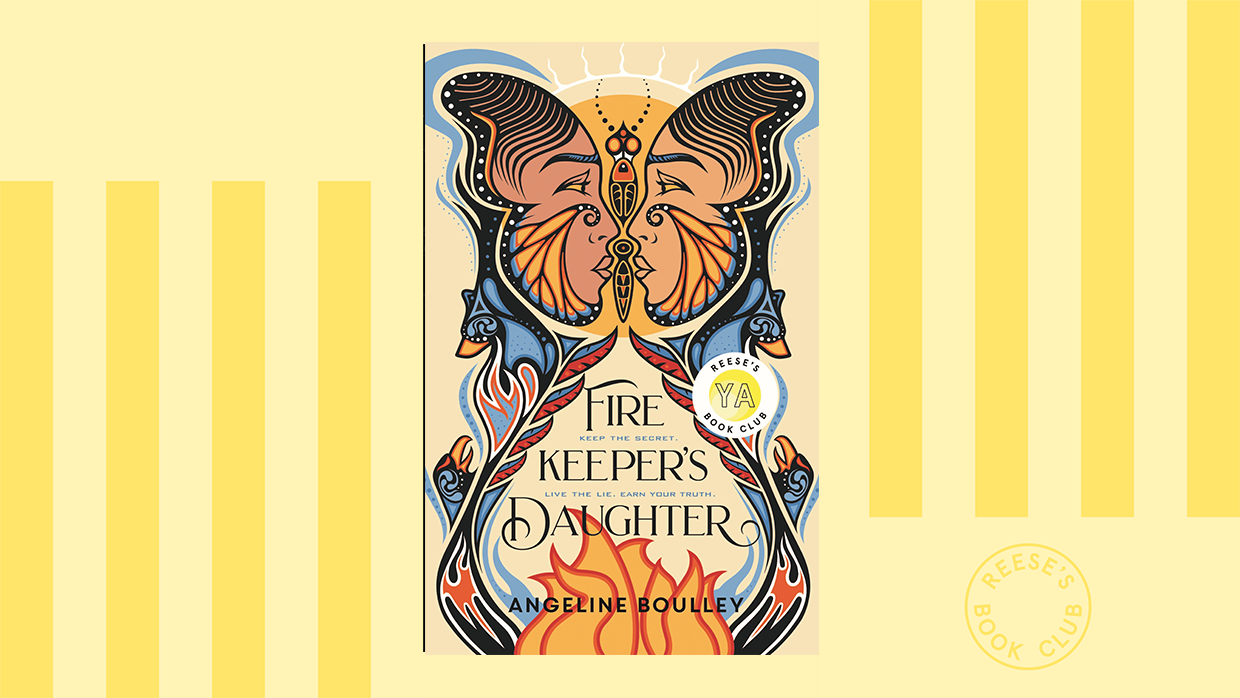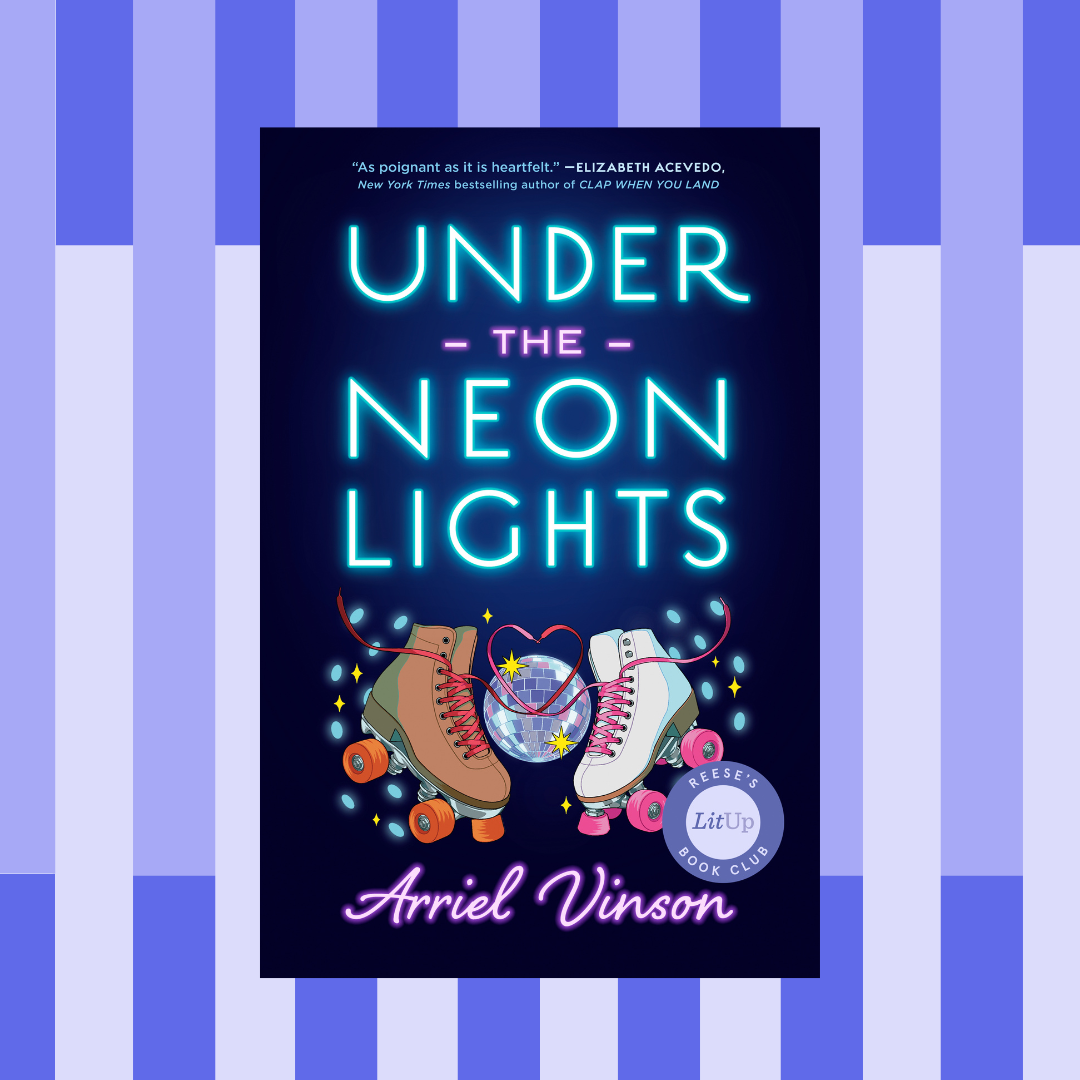“From Scratch” begins on the streets in Florence, Italy with a chance meeting that begins my improbable romantic love story with an Italian chef. Yet it evolves into something else, a cross-cultural, cross-temporal journey of discovery with interlacing themes of love, family, grief, forgiveness and identity. When I got the idea to write a book, the narrative wasn’t fully formed in my imagination.
I only knew that after five years of widowhood, I had a story inside that gnawed at me. And that, if I didn’t commit it to the page, I would suffer another kind of grief. I wanted to bring the defining moments of my life into high relief, if for no other reason than to create a love letter to my young daughter about events that had shaped her life as well. And I wanted to share all that through a prism of food, with the island of Sicily as a central character. Strange as it may sound, I also wanted to write about lentils.
As I started to write, I remembered the first time I saw my mother-in-law stuff small bags of lentils into my husband’s tube socks, then putting them in our suitcase. The memory lingers large in my imagination because it was perhaps the first time I knew I had married more than a Sicilian chef. I had married into a family of people for whom food was the essential love language and for whom tube socks held many possibilities. That day I watched her stealth determination to stow away lentils for travel without an understanding of the greater meaning for her, her son, or for Sicily itself.
I grew up in Texas where grits and green beans were my childhood foods. No one ate lentils. No one put food in their suitcases. I had worn tube socks to play double-dutch. A “long trip” was the road between Houston and Dallas. But as we prepared to leave my mother-in-law’s home, she prepared her son for a journey back into his life in America, far from her.
My relationship with her was new and tentative. I wasn’t a mom yet, so her maternal gesture didn’t deeply register. That day, I simply turned from the scene and polished off the last of a glass of volcanic wine while eating local olives, and spitting the pits into a napkin in her kitchen.
“…finding home, physically and internally, would be my husband’s final delicious gift to me.”
Fifteen years later, my mother-in-law would pack lentils again. Only this time, there were no tube socks. My husband, Saro, her son, had died months earlier. And I was leaving her house once again. This time with her young granddaughter in tow. Back to packing lentils for our journey ahead, my mother-in-law did they only thing she could think to do when faced with that kind of grief.
When we got home to Los Angeles, I wept at the sight of the lentils. She had, in her way, given me a little of herself and I held on because I was adrift in my own sea of loss. Staring at the legumes put a focal lens on my grief and the very rawness of life.
Then, I brought them to my kitchen and I turned on the stove. Newly widowed and a solo parent, I was smack in the middle of the wild unknown of a life I didn’t recognize. But my mother-in-law had given me something that she hoped would soothe the terrain of loss. Eventually, I was ready to write a book about it all, my imperfect journey and search for love, the relationships, the island, and, yes, the lentils. M. F. K. Fisher famously said, “When I write about food, I am really writing about home.” When I began this book, I knew I wanted to explore that space between having a home and knowing the home within. What I didn’t know is that finding home, physically and internally, would be my husband’s final delicious gift to me.



